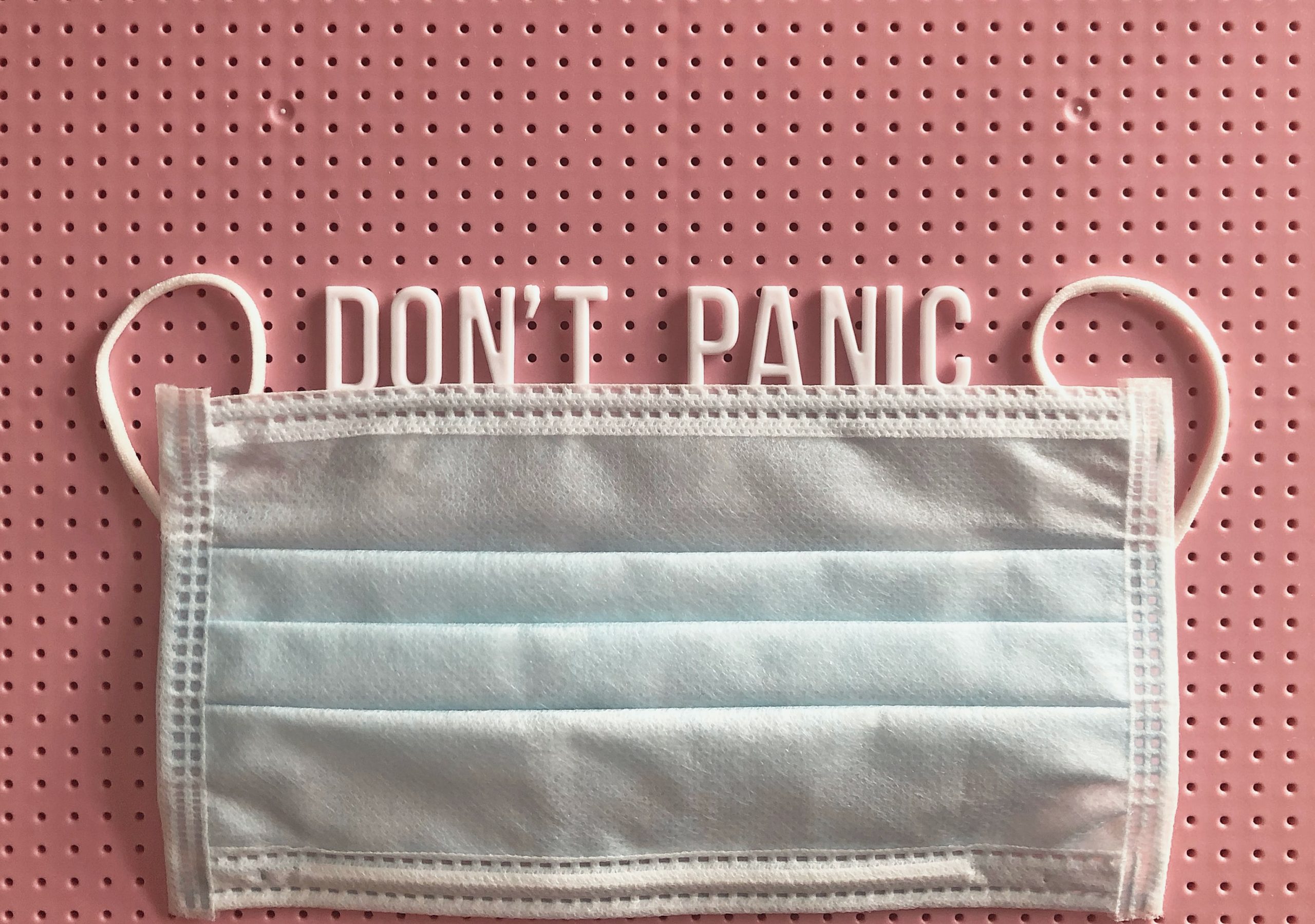Since the start of this COVID-19 pandemic, we have all faced an incredible amount of uncertainty about the future. Not knowing what is going to happen, social isolation, and having so many things out of our control increases the risk of experiencing feelings of anxiety and/or depression. We all have a desire for certainty and control. Research shows that a key component of happiness is a sense of control over your life. The more we perceive ourselves to be in control, the better we feel and our feelings of worry and fear lessen.
A sense of control also increases our feelings of autonomy and can boost our sense of competence. While we cannot control what is going to happen with this virus, making the conscious effort to focus on the things we can do something about and have control over is paramount in maintaining healthy emotional functioning and building stress resilience. Below is list of things we can control and include some key mental skills that we can enhance and sharpen during this pandemic.
- Rest and Nutrition: Aiming for getting at least six to eight hours of sleep each night and fueling your body with healthy and well-balanced meals.
- Physical Activity: During times of quarantine remaining physically active is especially important. Regular physical activity (walking, bike riding, use of in home exercise equipment if available, dance/exercise classes offered via zoom, etc..) delivers oxygen and nutrients to your tissues, boosts energy and mood, and helps your cardiovascular system work optimally.
- Green Time: Spending time outside and in nature has been proven to reduce levels of stress, depression and anxiety. It is important to get out and get some fresh air and some vitamin D!
- Mindfulness Practices: Research validates breathing exercises and mindfulness practices (quieting the mind) are effective tools for calming the nervous system and have positive effects on our immune system (see Calm app, Headspace, Insight Timer app, find centers offering zoom yoga and mindfulness classes).
- Staying Connected: Humans are social creatures and with school closings and stay at home orders that have taken place during this pandemic, we collectively as a community lost much needed social interaction. Whether in person (safely) or virtually, staying connected with loved ones and peers can help decrease feelings of social isolation.
- Create a Routine: We all do better when there is predictability. Maintain an established schedule of daily activity, productivity, downtime, meals etc. and readjust as needed. Routine helps create a sense of security in the midst of uncertainty.
- Check Your Attitude: Be aware of your attitude and how it affects you and others. Remember that attitude is contagious!
- Reassess Your Effort: Even during a pandemic, we all need goals to work toward. How hard you work towards realistic (and flexible) goals is all up to you!
- What Are You Focusing On?: You have control over what you choose to focus on. While often challenging, paying attention to things that will help you (e.g., silver linings/perspective taking) and avoiding distractions (e.g., too much media exposure focusing on pandemic) is key. Teaching your mind (which wanders) to stay in the here and now is a skill that needs to be practiced. It is like training a puppy to sit. This brain training helps improve our focus when we get distracted and off task.
- Preparation: While we do not have a good sense of what our new normal will look like, we need to take control of how we prepare for the changes ahead. Taking a positive, growth mindset will help us all be “tough enough” and increase our resiliency to cope with what the future has to bring. Preparation also tends to help us feel more confident.
- Committed Action: You can control what you do to keep yourself, family, and community safe during this pandemic. Obviously that includes taking protective measures such as social distancing, frequent handwashing, and wearing protective mask/gear when around others and when going out and about.
In sum, daily habits such as controlling the controllables can counteract some of the negative effects of this pandemic.
Maria Kanakos, Psy.D.
Licensed Clinical Psychologist

